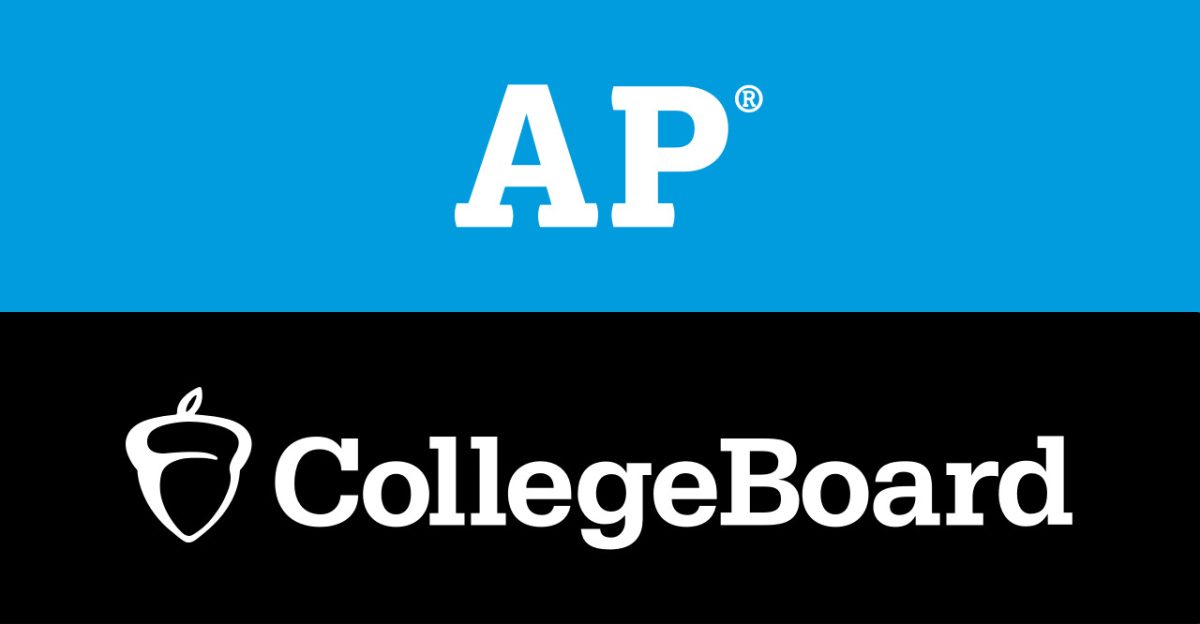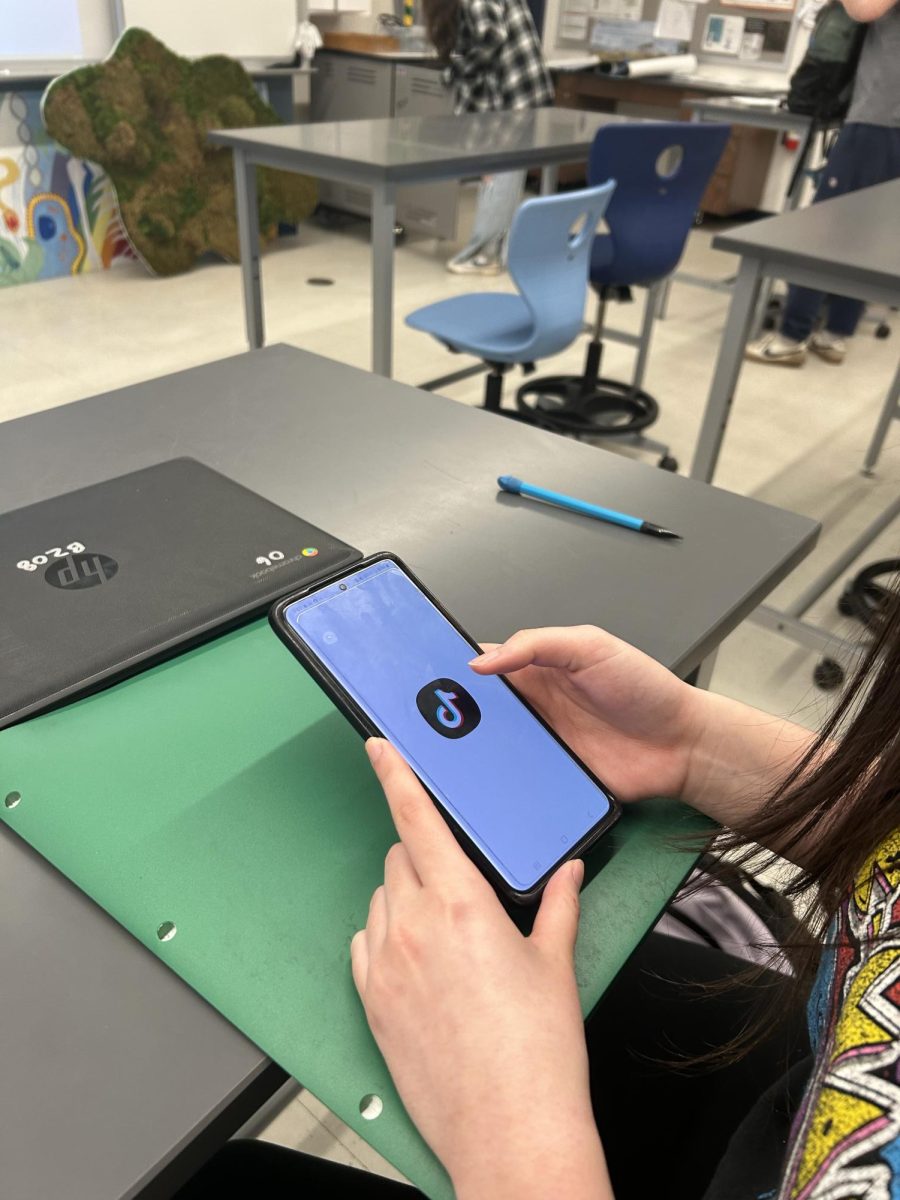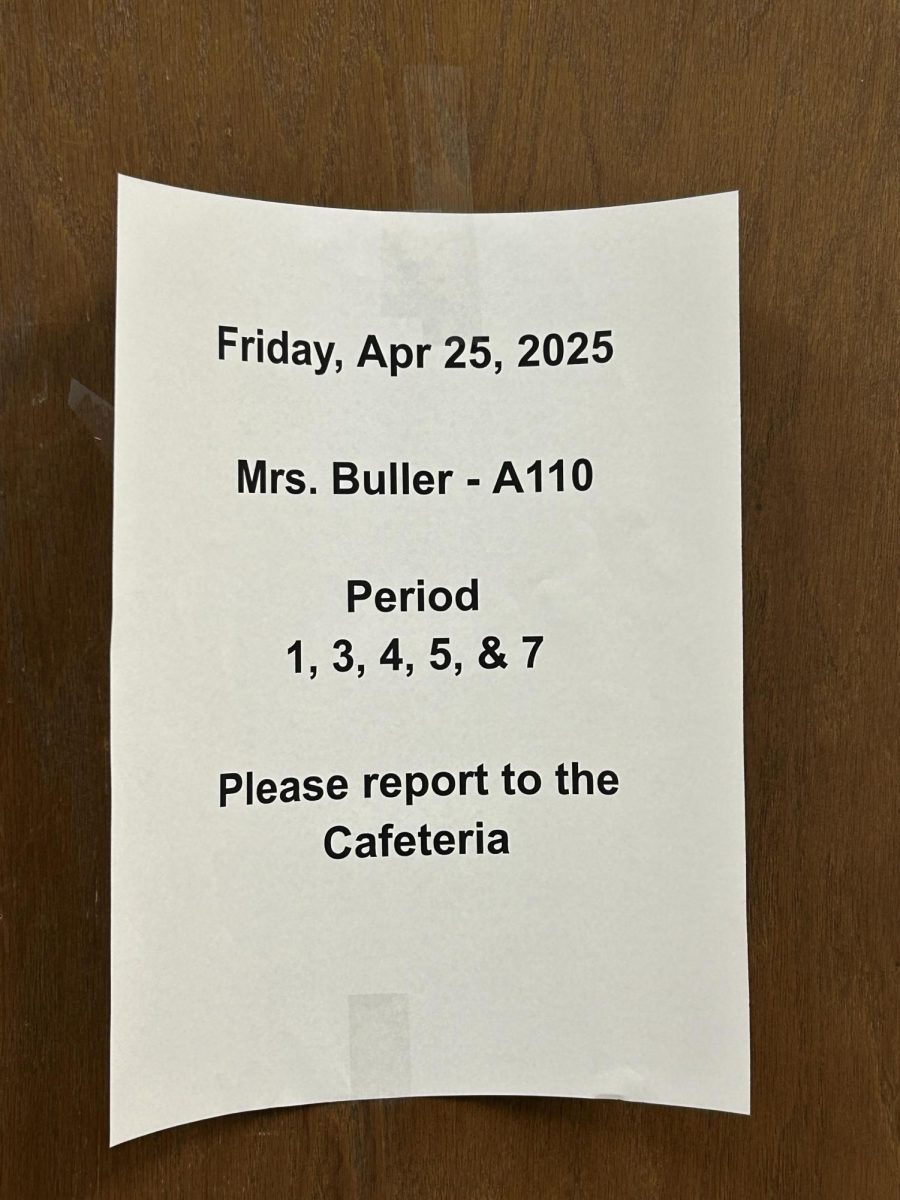The language scene is quickly changing in a period where digitized communication and cell phones rule the world. Because of Generation Z, terms like, “bussin”,” rizz”, “simp”, and “bet”, which were once just utilized in text messages are creeping into our everyday conversations.
Our language is changing rapidly because of messaging. Words once only used in cellphone discussions and online servers are currently being used in ordinary discussions. This language progression is being driven by the youthful generation, who are embracing and utilizing this unique vocabulary in their daily routines. The language is evolving rapidly, so individuals who don’t keep up risk becoming outdated. “If i’m not keeping up with everything on TikTok, then it’s impossible for me to understand what people are saying. I would prefer to keep it (lingo) more consistent. It’s not the words that are confusing, it’s how fast they change,” says Aleks Shehi, a high school student who is trying to keep up with the rapidly changing language.

The new evolving language is about efficiency: “Gen-Z makes everything superficial by shortening and creating slang for almost anything,” said Charlie Sink. Phrases are diminished and abbreviations are utilized as often as possible in conversations, which mirrors the new generation’s obsession with briefness.
The possible decline of traditional linguistic norms and the effect on reading abilities are issues brought up by critics. Advocates counter that language’s adaptability reflects the time period, and it is not common for each generation to change the norm. One thing is sure, as Generation Z keeps on impacting language use with the words, cooked, its giving, gatekeep/gaslight, and touch grass.






